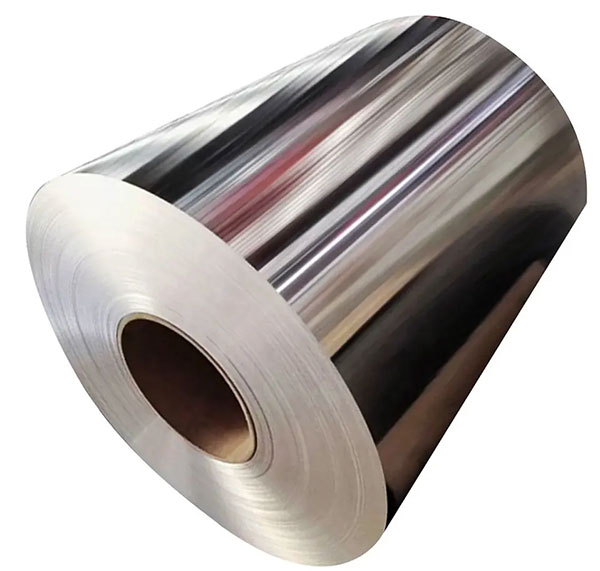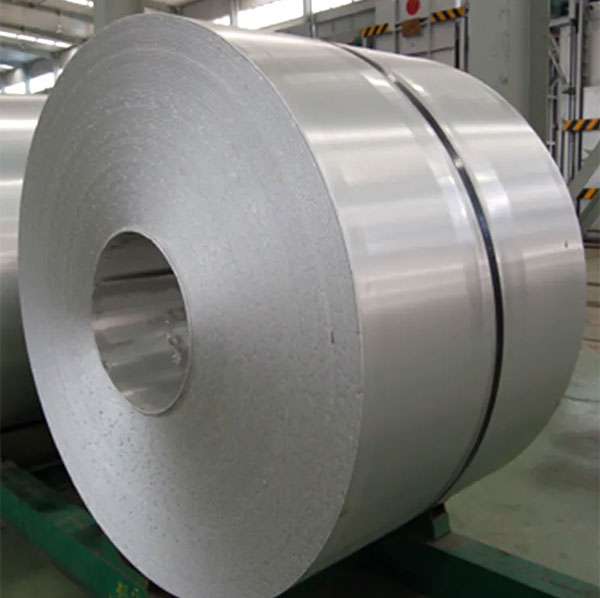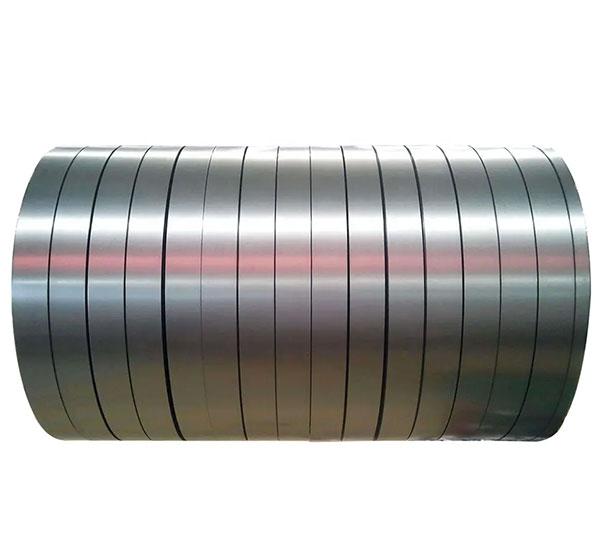Aluminum coil roll, also known simply as aluminum coil or aluminum coil stock, is a long, continuous strip of aluminum wound onto a coil. It is a widely used form of aluminum product in various industries due to its versatility, lightweight nature, and corrosion resistance.
Alloys of aluminum coil rolls
The most common aluminum coil models are : 1060 aluminium coil,3003 aluminium coil, 5052 aluminium coil, 6061 aluminium coil,etc.

Aluminum Coil Rolls Price
There are many factors that affect the price of our aluminum coils, mainly the following:
Global aluminum prices: The main factor affecting the price of aluminum coils is the fluctuation of global aluminum prices. The price of aluminum is affected by market forces, including supply and demand dynamics, geopolitical factors, currency fluctuations and trade policies.
Aluminum alloys and grades: There are many alloy grades of aluminum coils. Different aluminum alloys and grades have different characteristics and performance characteristics, and the prices will also be different.
Aluminum Coil Thickness and Width: Thicker and wider coils generally require more raw material in the production process, which affects their price.
Surface Coatings: Aluminum coils can have various coatings to enhance their appearance and performance. Aluminum coils with special coatings such as PVDF or anodizing can be more expensive than plain, untreated aluminum coils.

Production volume: Order or purchase volume affects price. Larger orders are eligible for volume discounts, while smaller orders have higher prices.
Shipping and Freight Costs: The method and destination of the shipment affects the price of the freight, which in turn affects the price of the aluminum coil.
Customization and Fabrication: If the coil has special custom needs, such as cutting, forming or special packaging, these additional services can affect the overall price.

Application of aluminum coil rolls
Aluminum coil rolls find applications in a wide range of industries, including construction, transportation (such as in automotive parts), electronics, packaging, and household products. They can be further processed or fabricated into various products, including roofing materials, gutters, beverage cans, heat exchangers, and more.
